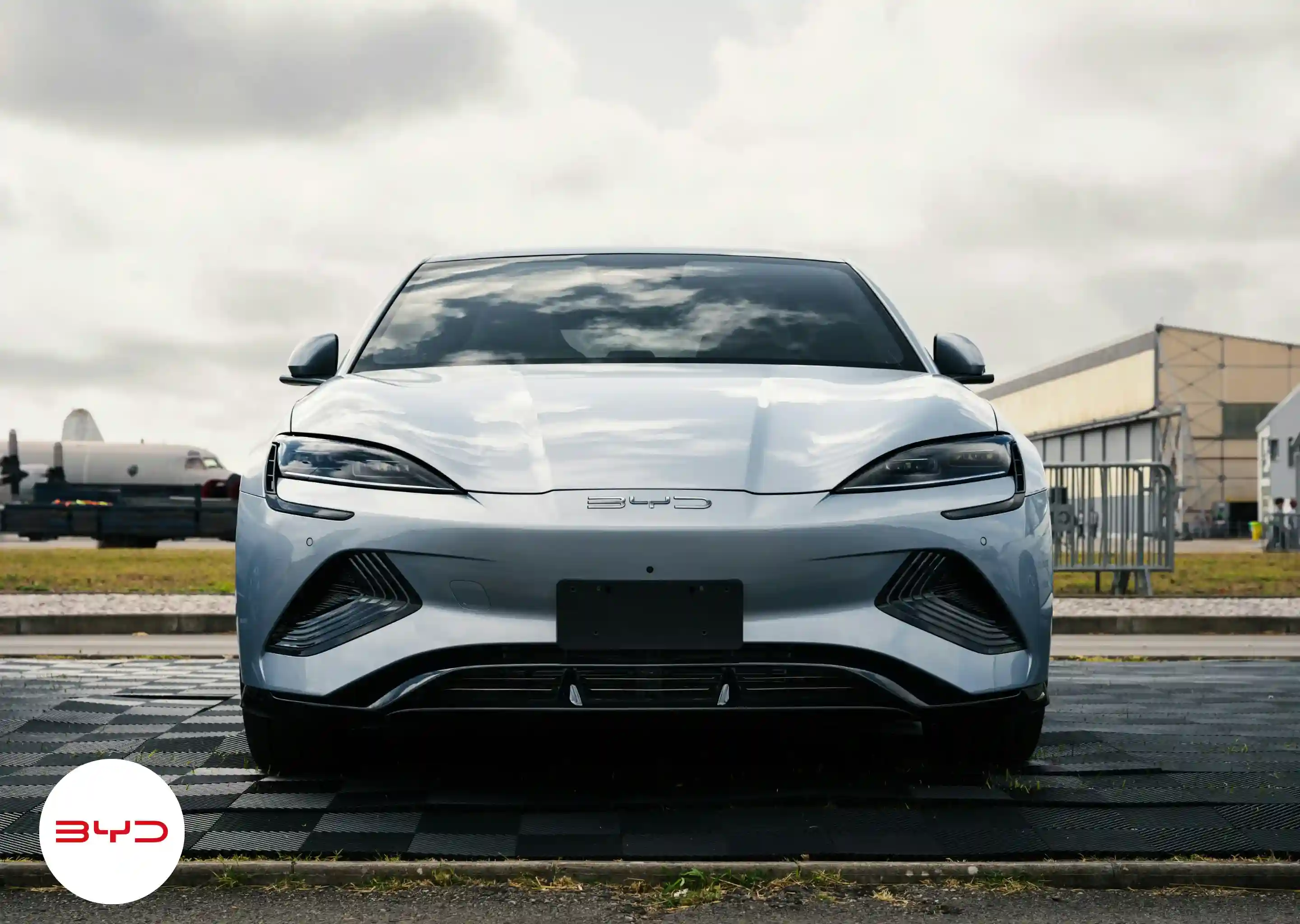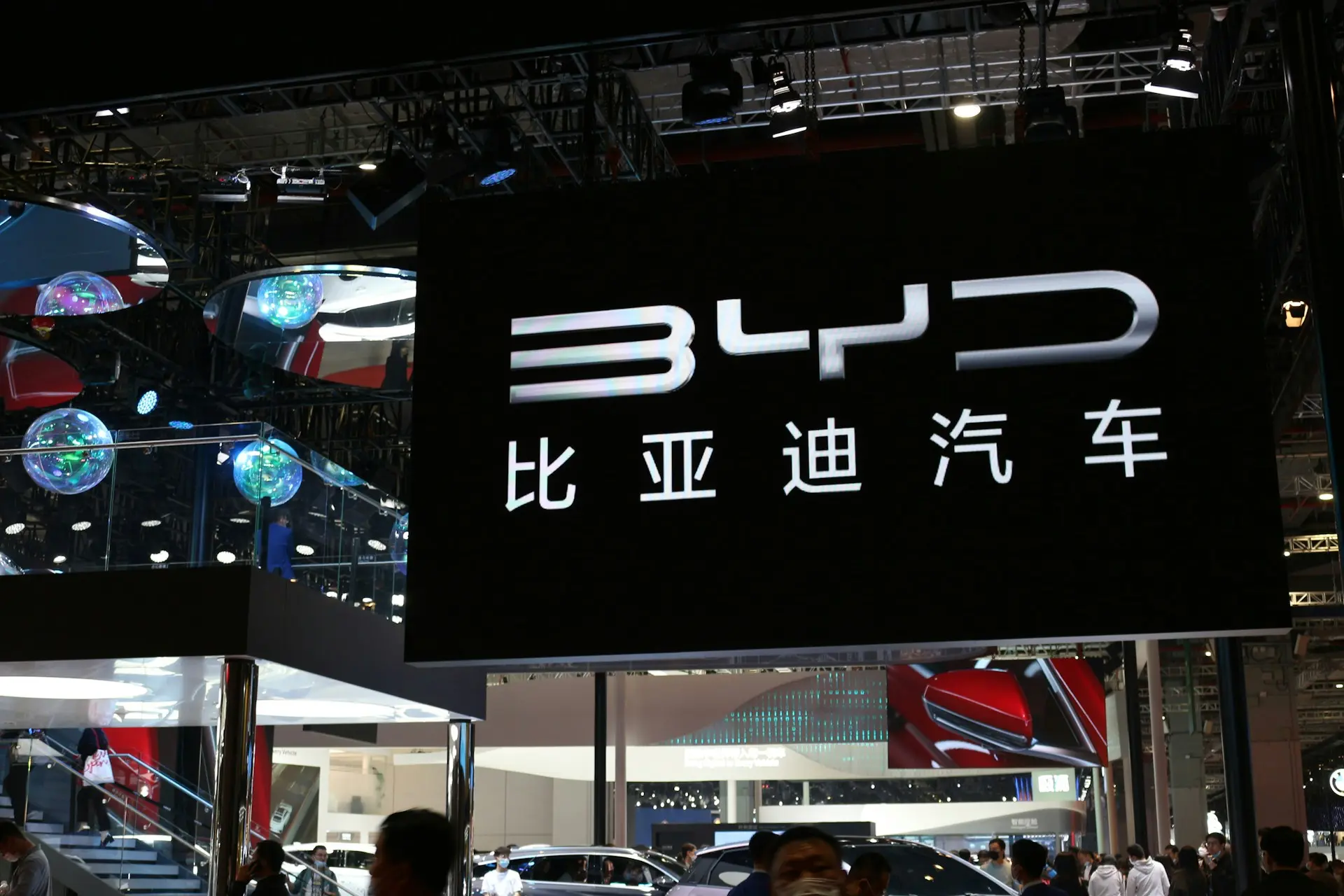BYD runs a vertically integrated model, with in-house control over major parts of the value chain from battery production to vehicle assembly. This structure supports cost discipline, faster engineering cycles, and tighter quality control in areas that matter most for EV performance, including battery design and energy storage systems.
BYD operates across three main activity areas:
- Electric Vehicles (EVs):
Passenger cars alongside buses and other commercial vehicles, with scale built around high-volume platforms.
- Energy Storage Systems:
Battery solutions for residential, commercial, and utility use cases, linked to grid stability and renewable integration.
- Renewable Energy:
Solar-related products and system solutions that connect generation with storage.
A key pillar of BYD’s positioning is the Blade Battery, which BYD highlights for safety testing performance and long lifecycle characteristics. The Blade Battery is closely associated with BYD’s LFP battery approach and supports a cost and durability profile that fits mass-market EVs.
Scale in China anchors the model. In 2025, BYD ranked as China’s top automaker by sales and also led global battery-electric sales ahead of Tesla.
International expansion combines exports with localized production. BYD has started vehicle output in Brazil (Camaçari, Bahia) and is building its first European passenger-car plant in Szeged, Hungary. It has also explored further European assembly options, including Germany.




